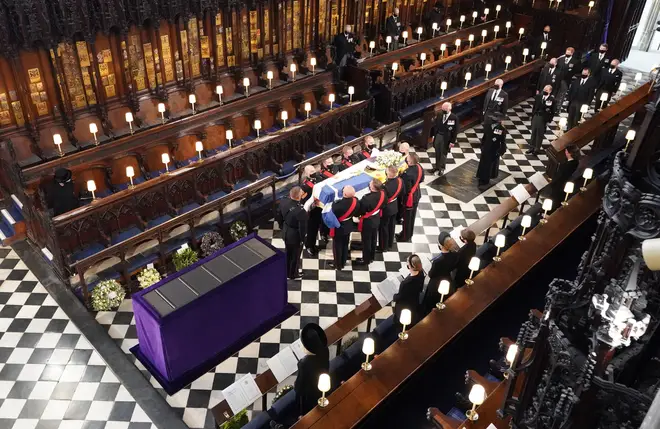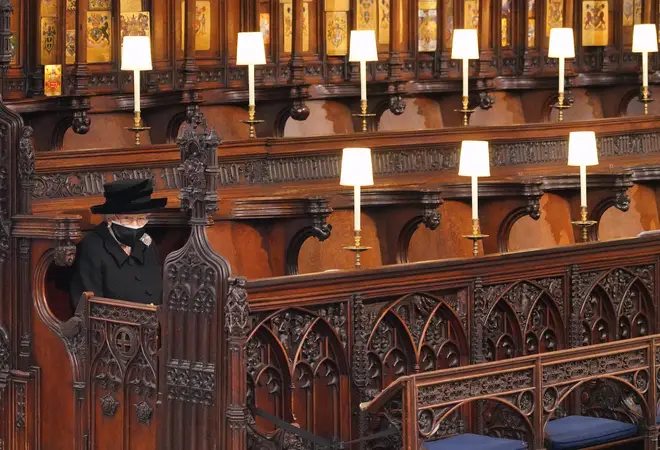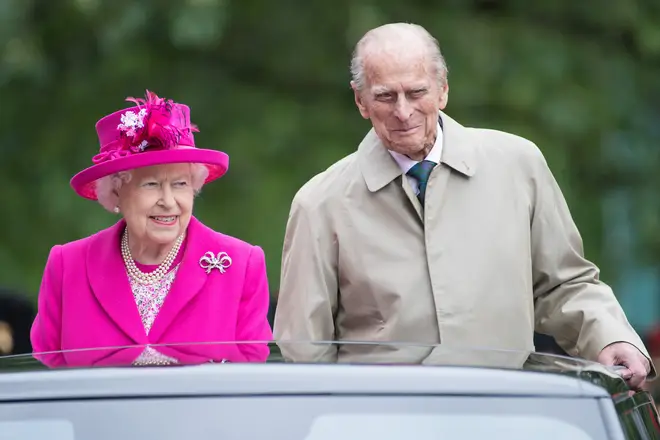On Air Now
Early Breakfast with Lindsey Russell 4am - 6:30am
17 April 2021, 15:42

There is special significance of the music being played at the Duke of Edinburgh's funeral, and each of the songs were especially selected by him.
Prince Philip had a lot of involvement in the planning of his funeral - from designing the Land Rover hearse to choosing the music.
However, due to covid restrictions, the 30-strong congregation is banned from singing during today's service, although there will be a small choral quartet performing at St. George's Chapel in Windsor.
Here we reveal the music that he chose, and the special significance of each song.
This is the only hymn on today's order of service, and will be sung by the four choristers.
The song was written in 1860 by William Whiting and is also known as For Those in Peril on the Sea due to its maritime themes.

The Duke of Edinburgh, who was a proud Naval hero, might have chosen this due to its strong association with life and strife on the waves.
It is also known as the Hymn of Her Majesty's Armed Forces, the Royal Navy Hymn or just The Navy Hymn, and is regularly referred to by ship's chaplains, and sung during services on ocean crossings.
Read more: Prince Philip's funeral timetable explained

Apparently the inspiration for the song came after Whiting felt his life had been spared by God when a violent storm nearly sank the ship he was travelling on.
It instilled a belief in God's command over the rage and calm of the sea. He later penned the song for a student who was fearful of sailing to America.

Senior royals walk in the Duke of Edinburgh's funeral procession
Prince Philip especially requested this piece of music from English composer Benjamin Britten.
The meaning of The Jubilate is "song of joy" and is a 14-line composition about "serving the Lord with gladness" and going into God's "gates with thanksgiving".

Prince Philip: The Duke of Edinburgh Dies Aged 99
This is piece of music was especially commissioned by the Duke by celebrated guitarist and composer William Lovelady.
It was first sung at his 75th birthday celebration in 1996, and the 28-line song, contains references to the seas, nature, animals and the riches of the Earth.
Deeply religious like the Queen, this song would have delighted Prince Philip as it is inspired by the Genesis creation narrative in the Bible.
This song has its roots in the Russian Orthodox Church, but the choir will be singing an English translation by William John Birkbeck, arranged by Sir Walter Parratt.
The ancient Kiev chant expresses the sorrow of grief while reiterating the Christian hope of everlasting life.